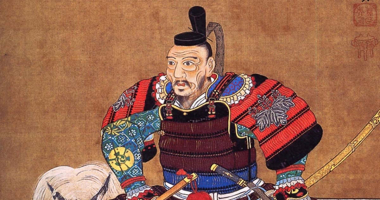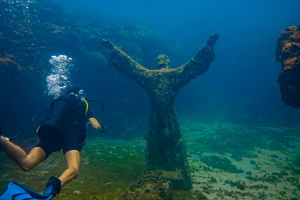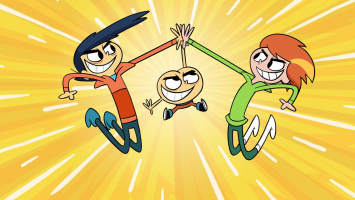Top 8 Most Famous Villain Roles in British Film History
The well-known saying, "Britain breeds the greatest villains of all time," could not be more accurate. The world's film history has seen the emergence of some ... read more...of the most fearsome villains ever, portrayed by British A-list actors. From Hans Gruber from Die Hard to Hannibal Lecter in The Silence of the Lambs, these evil figures show that a cinematic masterpiece could never see the light of days without their contributions. Today's article will pay homage to the most famous villain roles in British film history. Let's get started!
-
Other action flicks could only dream of a superb antagonist like Hans Gruber in Die Hard. There is no doubt that Hans is the sharpest person among the cast. His plans are well organized. He is quick-witted in almost every area of knowledge. And most crucially, the handsome thief could think right on the spot. Each time John (the protagonist) attempts to take over, Hans easily outwits him. The Bill Clay arc is the most outstanding example. Within a single second into the fateful encounter with John, Hans had slipped into his role as a helpless victim.
Hans, in contrast to other villainous characters, never loses his calm. He keeps his sanity and always plans every step. Throughout the whole story, there is no second in which Hans ceases to improvise his strategies or seek a smooth escape. For John, the protagonist, there are no narrative devices in the script that helps him traverse through obstacles with ease. Hans's devious mind and actions propelled John forward and forced him to work harder.
The performance by Alan Rickman is a big part of what makes Hans so amazing. Alan was not an out-of-the-box casting choice. The directors' decision to invite him is that he was still a new face in the field then and extremely cheap. Fortunately, his participation pushed the staff to modify the character. Hans was depicted as a nasty, violent military figure in the original screenplay. Yet, thanks to Alan's influence on the script, Hans Gruber has turned into the gorgeous, charming man in a suit that we all know today.
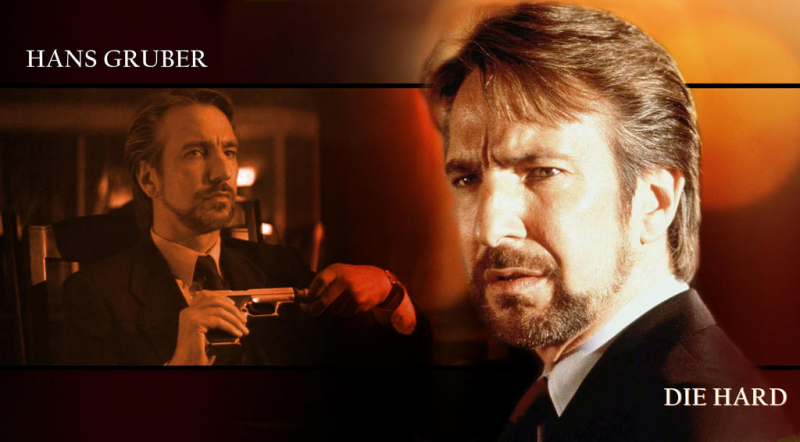
Source: deviantart 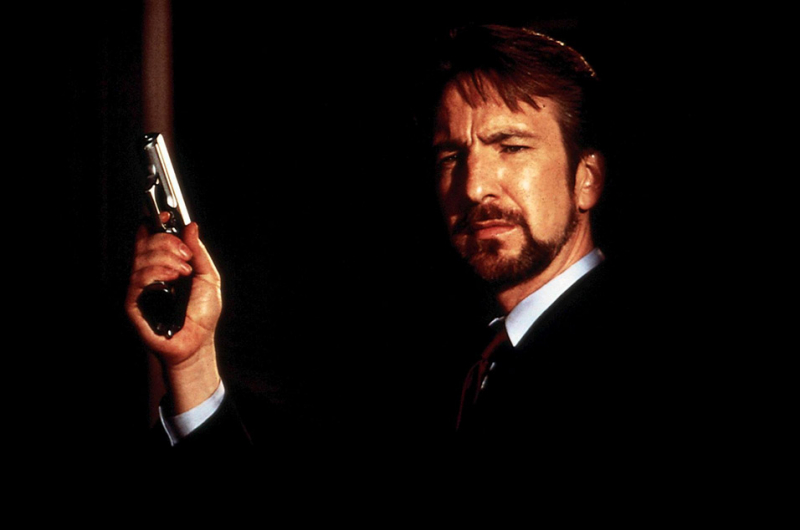
Source: NME -
There are few actors whose lines can thrill you while still sending chills down your spine. This article will show you one of those rare exceptions: Anthony Hopkins. The man has had a long and distinguished career. Still, he is most recognized for his iconic depiction of Hannibal Lecter in The Silence of the Lambs and Red Dragon. From Joker in Batman to Amy from Gone Girl, the Oscar-winning artist has inspired a new generation of baddies over the last decades, ever since his debut appearance as the enigmatic Hannibal.
The moment Anthony laid eyes on the 1991 script, he knew how to portray this special villain right away. Anthony explained that he was influenced by the world-class acting of his seniors - Truman Capote, Katherine Hepburn, and HAL - whose distinct auras have been combined in the portrayal of Hannibal. The actor crafted everything, from Hannibal's appearances to his stern stance and sinister grin. Anthony was the one who came up with the idea of dark slick hair for the character. He also suggested the character's attire to be a tight set of jail outfits, depicting Hannibal's authoritative nature. In a 2014 interview for Empire, Anthony expressed that the final result impressed even him upon his first time looking into the mirror.
Anthony spent a lot of time creating the right vibe for Hannibal. And his immense efforts paid off. Hannibal Lecter has consistently topped surveys and opinion polls since the public launch of The Silence of the Lambs almost thirty years ago. Still skeptical about Anthony's performance? The actor was honored with BAFTA, New York Circle Award, Oscar Award, and several other prizes, despite only appearing for 20 minutes throughout the film's 140-minute length.
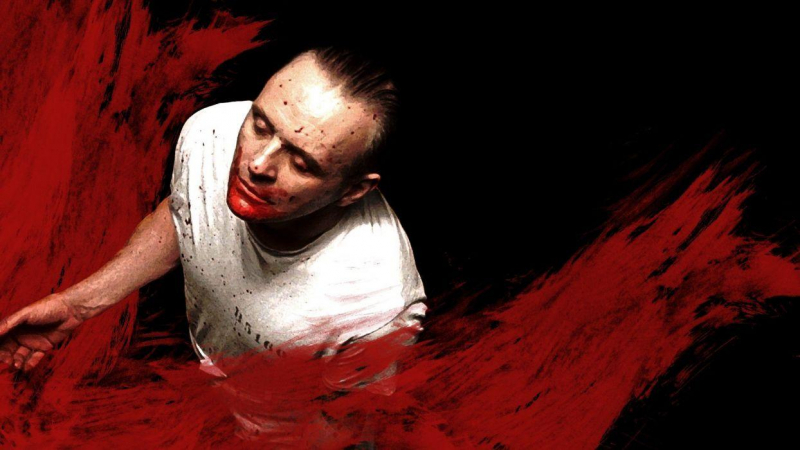
Source: wallpapercave 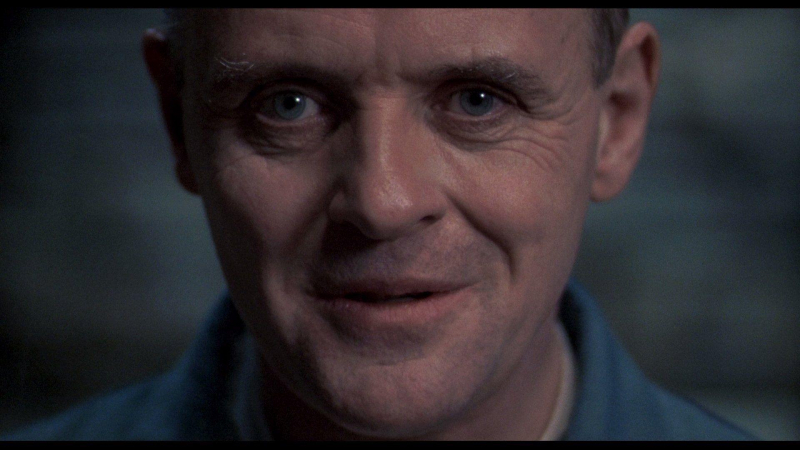
Source: wallpapercave -
Two performances from the 1991 film Robin Hood: Prince of Thieves are still memorable to this day as it approaches its 31st anniversary. Critics praised Alan Rickman's unorthodox portrayal of the wicked Sheriff of Nottingham, while the movie star - Kevin Costner - was universally despised for his lacking an English accent. Alan brought something fresh to a character that had been played many times before, with a beautifully self-aware delivery that satirized the weary tone of the plot.
Sheriff of Nottingham, who first featured in the 1938 masterpiece The Adventures of Robin Hood, has appeared in almost every subsequent cinematic adaptation. There is no deviation from the main clichés of the original plot in Robin Hood: Prince of Thieves, which is that the Sheriff seeks to bring the cloaked knight to justice. As he was given nothing new to deal with, Alan decided to go all out and take the character to the most extreme, comical level.
Since the one-dimensional casts have so little nuance, this adjustment was essential. Rather than imposing a tragic past or deeper motives beyond the obvious malice, Alan plays his role with a lighthearted exuberance. Originally meant to sound threatening, lines such as "I shall remove your tongue" turn into comedic bits due to Alan's hilariously exceptional performance. Film adaptations in the future may try to employ unique elements, but Alan Rickman's creativity for Sheriff was the last time the tale about Robin Hood seemed unique. Many bravos to the talented actor for having lifted such a mediocre movie.
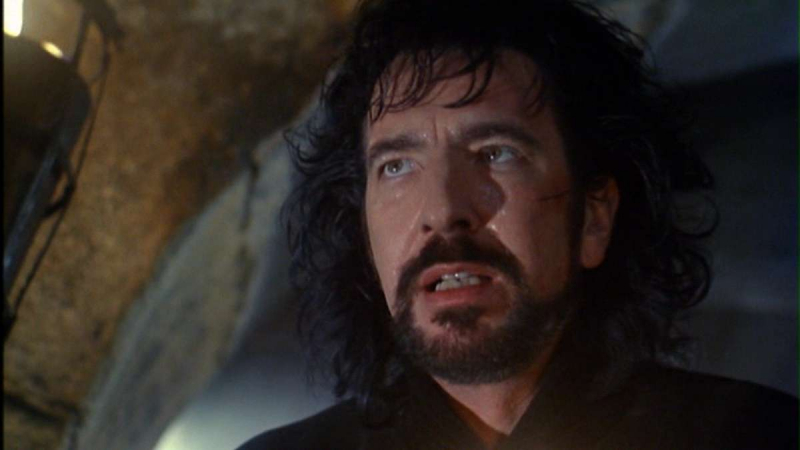
Source: sfgate 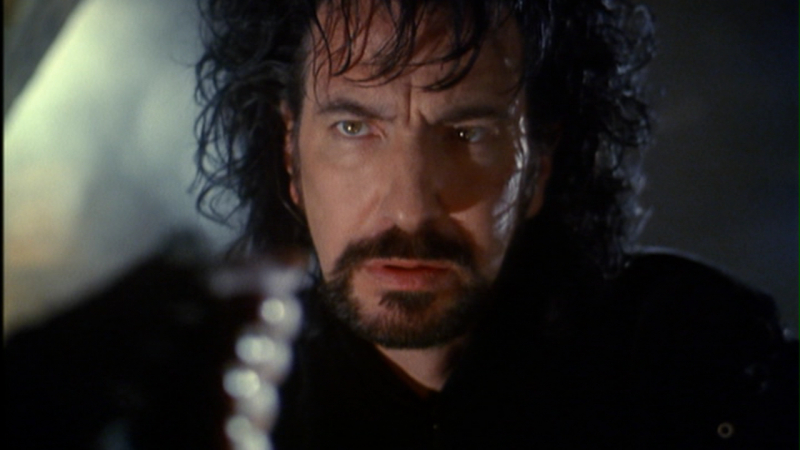
Source: geekchicelite -
Norman Stansfield is dangerous, apart from slaughtering an entire household in cold blood, because he is unpredictable. His contempt for social norms is displayed in the nonsensical outbursts, bizarre body gestures, and insistence on smelling people in the middle of conversations. Norman views the world as if it were entirely his — which is why, as the movie develops, we begin to get the sense that the main characters - Léon and Matilda - are evading something inescapable.
However, although Gary's Norman exuded absolute wrath and infused every scene with dread, he appeared mainly as a counterpoint to the characters. He was not explored beyond his bond with Matilda. For many viewers, this lack of character development is not a flaw: Norman Stansfield is in no way in need of it. A one-dimensional antagonist works brilliantly in Léon since the film's major emphasis is on the unusual, heart-warming yet sorrowful bond between Matilda and Léon. It is not about Norman's personal history. Hence, he should be restricted to the simple role of "villain" and nothing more.
The most frightening antagonists are those with whom you cannot connect or empathize and those who — literally or symbolically — lurk in the shadows. Norman's status as a terrible killer (with an unfettered bloodlust and a vicious temper) elevates him to a fully malignant force, in line with the film's overall realism. By omitting his background and past stories, the film encourages us to believe in Norman's actuality, endowing his wickedness with a sense of omnipotence.
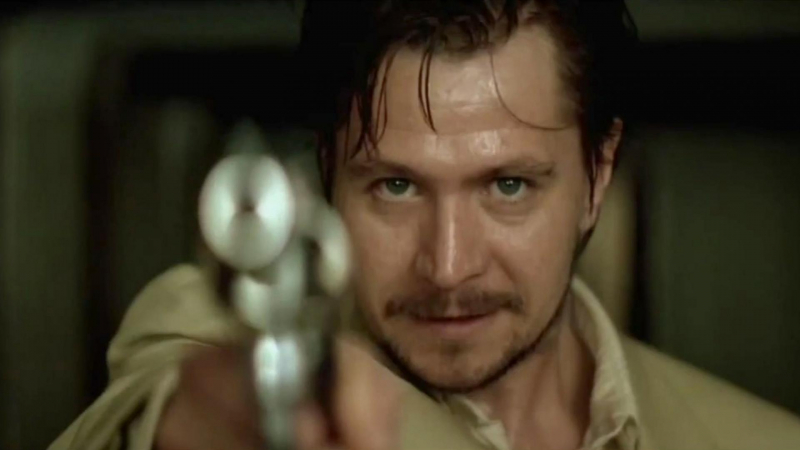
Source: hdwallsbox 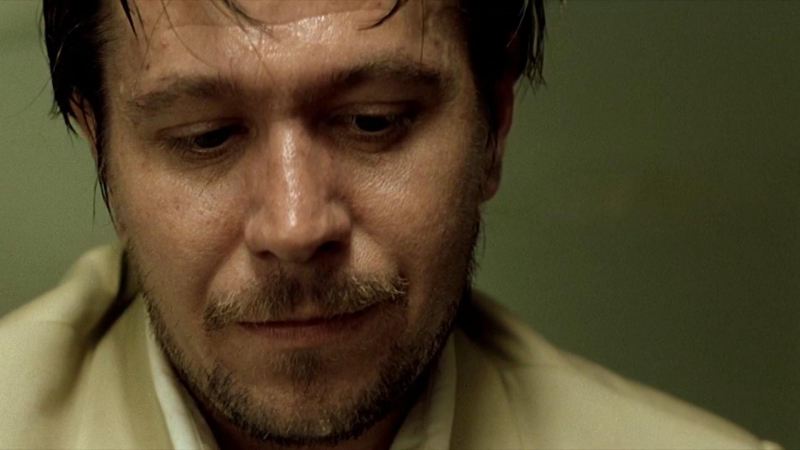
Source: hdwallsbox -
A colleague once told Christopher Lee that he was too stout to be an actor, that his looks would prevent him from having a successful career in Hollywood. After more than 200 acting credits and four huge franchise entries, Christopher had the final laugh. Intoxicating madness glowed from behind his eyes as he burst into the room, enrapturing the audience and keeping them spellbound. Whenever he appeared on the screen, people were enthralled.
Christopher made his acting debut in Terence Fisher's Horror of Dracula, better known as Dracula in Europe. In this famous adaptation of the 1897 novel, the protagonist was Jonathan Harker, a harmless man who went to the Count's castle claiming to be the Master's new assistant but became his prisoner instead. One of Dracula's spawned vampire ladies attacked him in an attempt of murder but failed, as a man in black saved Harker. The relief did not last long: Dracula soon turned Harker into a vampire himself as punishment for killing the vampire's favorite servant. Dracula then terrorized the tranquil English town while stalking Jonathan's fiancée Lucy, converting her and her sister-in-law into vampire children. Only one courageous person can put a stop to Dracula's horrific reign of terror.
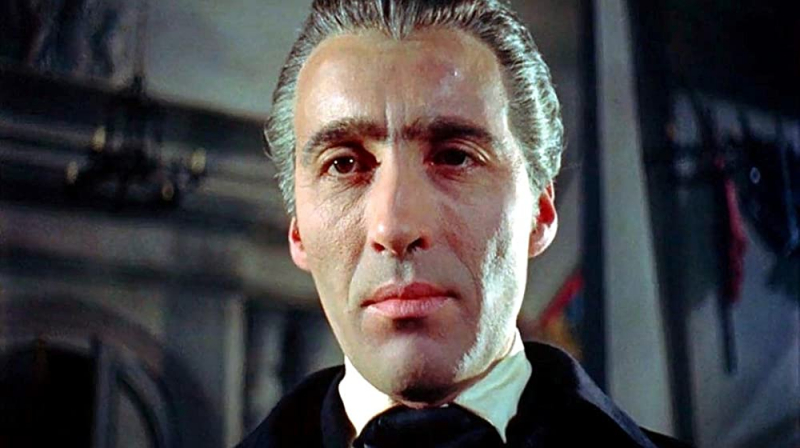
Source: Amazon 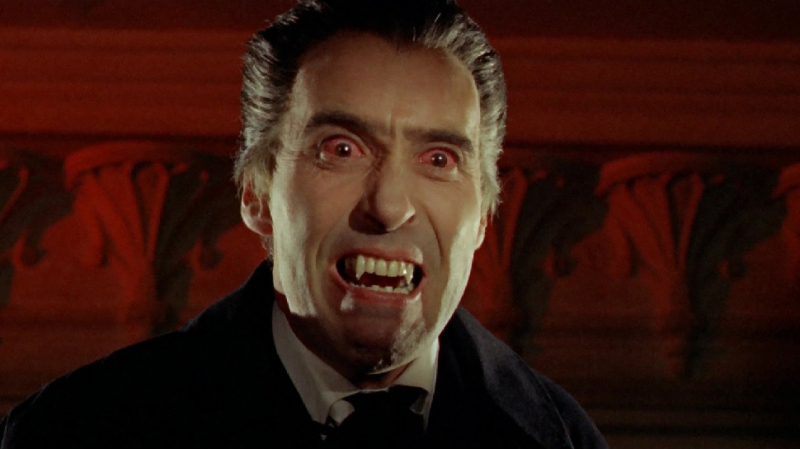
Source: archive.nerdist -
Though the Star Wars franchise is rife with villains, Sheev Palpatine is the most favored pick among critics. This character epitomizes political and martial authority at its worst. Ian McDiarmid starred in four of the six films, beginning with Return of Jedi, in which he portrayed Palpatine as a 23-year-old man - 22 years before Sith was slain! (He also had a computer-generated cameo role in Strikes Back)
Ian has been the top actor in British theaters during the past decades. Despite his seemingly worn-out looks, the man has an exceptional voice instrument. And as Palpatine, he used this mellifluous tone to inject poison into Anakin Skywalker, transforming the aspiring youngster into Darth Vader. Sheev Palpatine excels at what a cinematic villain must do: persuade the humans he corrupts, along with the theatrical audience, that evil is both reasonable and necessary, freeing and captivating.
Sometimes, the terrifying villains are those who manage to demonstrate their lethality without lifting a finger. While Palpatine is notorious for his lack of hesitation to get his hands filthy, his strongest asset as a supervillain stems from his shrewd brain and ability to manipulate. Throughout the plotlines, Palpatine retains his rule of the Empire, supervises the First Order's revival, and tempts three notable Jedis (Ben Solo, Anakin Skywalker, and Dooku) to the Dark Side. Most brilliantly, he orchestrates his ascension to totalitarian authority by running both ends of the Clone Wars. And the frightening thing is that all of these plans succeeded. It is rare for evil schemes to prevail, much less on the scale Palpatine was attempting.
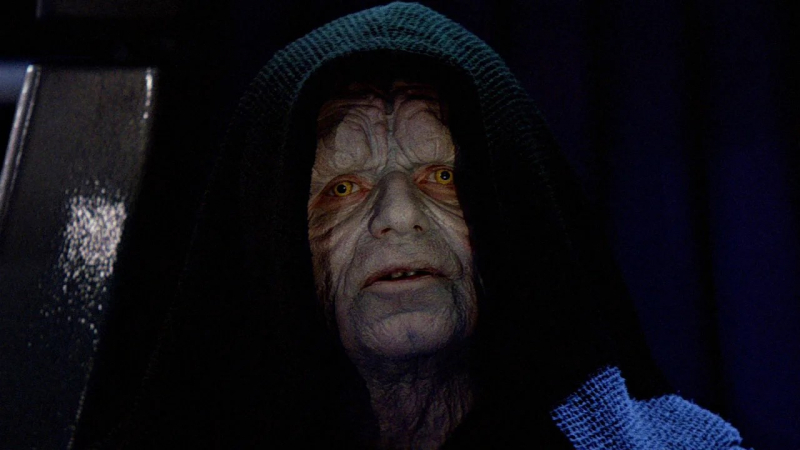
Source: IGN 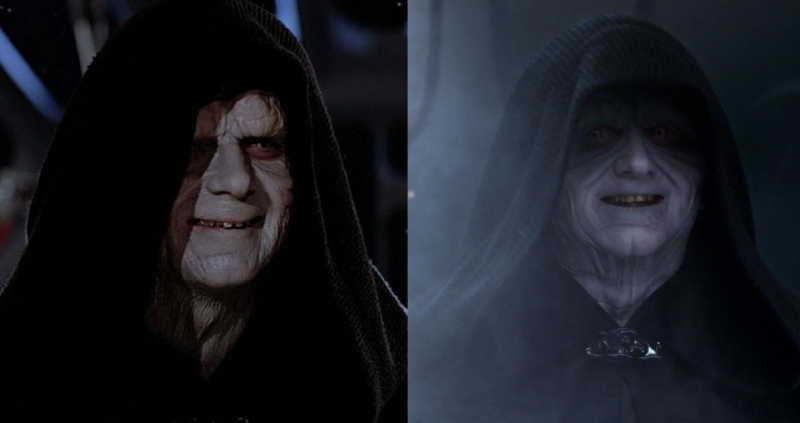
Source: reddit -
Christian Bale created a cinematic monster twenty years ago. American Psycho, adapted from the scandalous 1991 novel, offered a disturbing glimpse into 1980s yuppie culture. It also solidified Christian's shift from a kid star to one of Hollywood's most accomplished actors. The man was a surprising casting choice in 2000, having been considered unsuitable for the role due to his young appearance. Nonetheless, he imbued the material with a distinctive aura, raising it to an exceptional level. This iconic villain is a proactive assessment of the political culture we are still contending with two decades later.
In a 2009 discussion with the movie director, Christian recounted the process of creating Patrick Bateman, highlighting the character's alien-like appearance and rigorous investigation into human nature. The actor was particularly captivated by Tom Cruise's intensity; he described Cruise as "a charismatic person with nothing behind his eyes." Bateman and Cruise, Christian believes, have a few things in common. However, while Cruise is driven by a desire to please, Bateman is consumed by a desire to get the upper hand.
Christian's most recognizable role years later, Bruce Wayne in The Dark Knight, is established by his portrayal as Patrick Bateman. Christian is arguably one of the few performers capable of excelling as both the Joker and Batman, thanks to his perfectly realistic line delivery, a gaze that conveys a broken mind, and body language enhanced with humor.
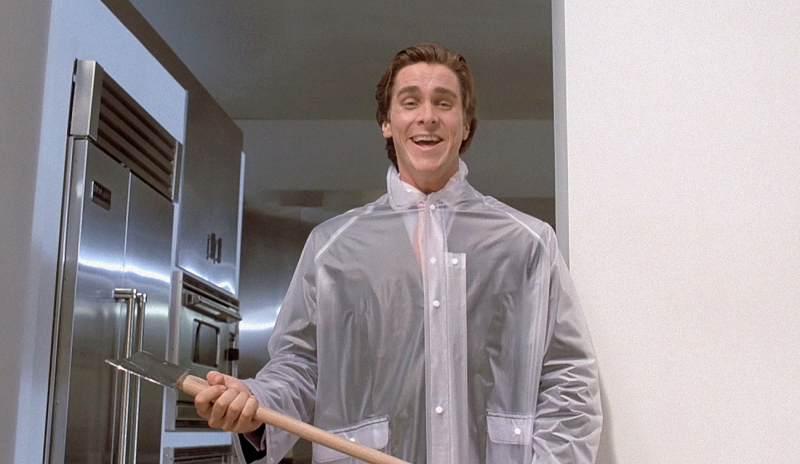
Source: Den of Geek 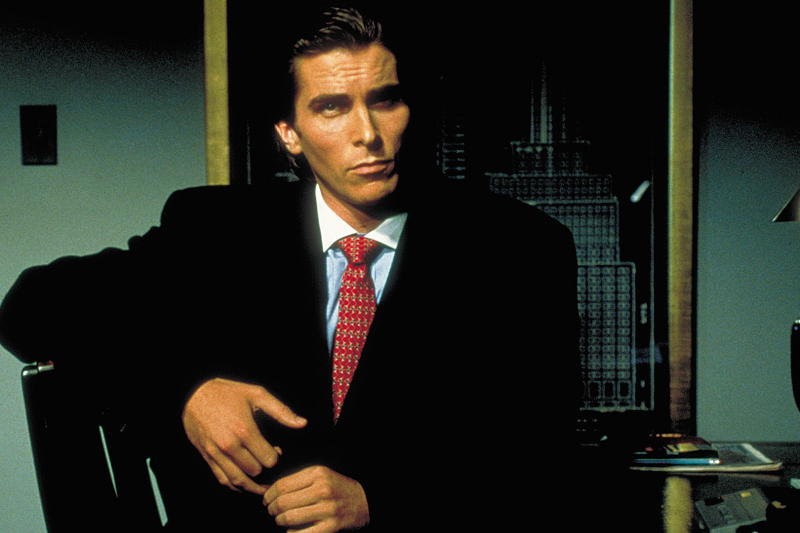
Source: GQ Magazine -
Jeremy Irons lent his beautiful voice to Scar in the 1994 animation. The actor endowed Scar with elegance and even some sensuality, rendering the deadly lion one of the most memorable villains in Disney history. It is unknown why Chiwetel Ejiofor was chosen to portray the lion in the 2019 live adaption instead of Jeremy Irons. Fans were outraged by this decision, which they saw as betraying their trust in Disney's casting choices.
While Chiwetel's performance in the 2019 film was adequate, the main problem was that he was not Jeremy. Scar's latest version lacked the charm and wit that made the 1994 portrayal lovable. Furthermore, Scar in 2019 was always irritated and prone to outbursts, a far cry from Jeremy's calming aura. This striking difference is particularly vivid during the song "Be Prepared". Live-action Scar transformed the music piece into a declaration of war, filled with fury and menace, to convince others to join his crusade. Meanwhile, his animated counterpart thoroughly enjoyed himself, evident in his lighthearted voice and body movement.
Though some fans still approve of the 2019 version and think highly of Chiwetel's work, this magnificent role belongs to Jeremy without a doubt. His calculating mind, unpredictable moves, and elegant voice elevated him to new heights among other animated villains. The live-action cannot outshine the influence of the 1994 animation.
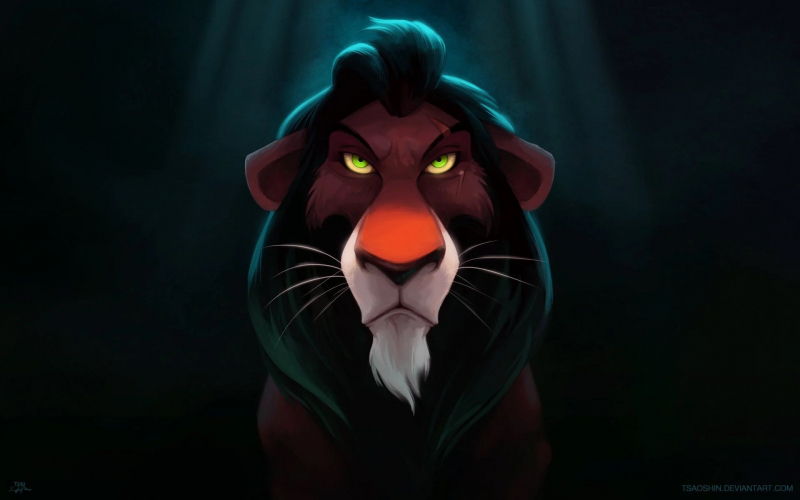
Source: wallpaperaccess 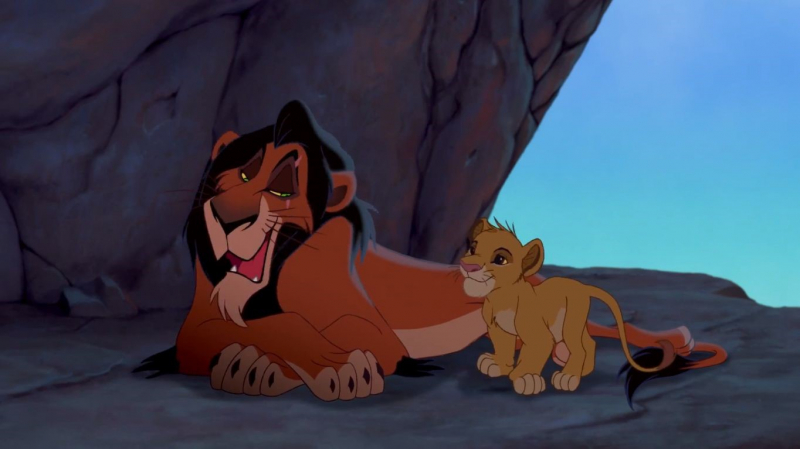
Source: MTV










